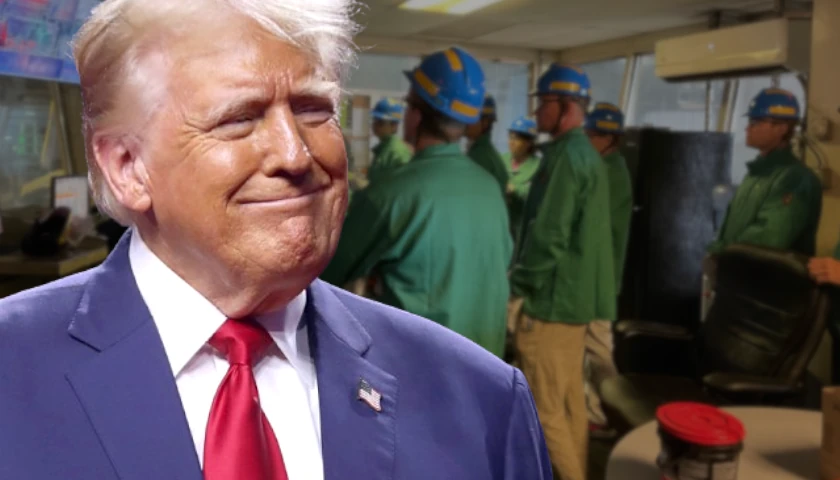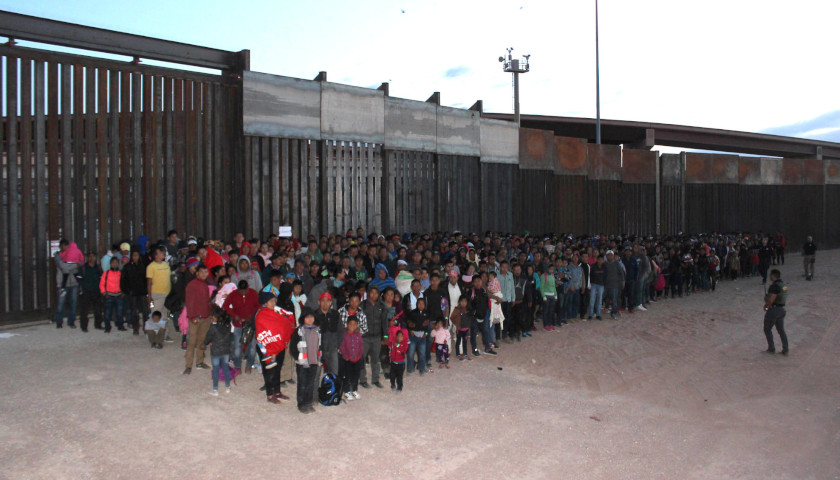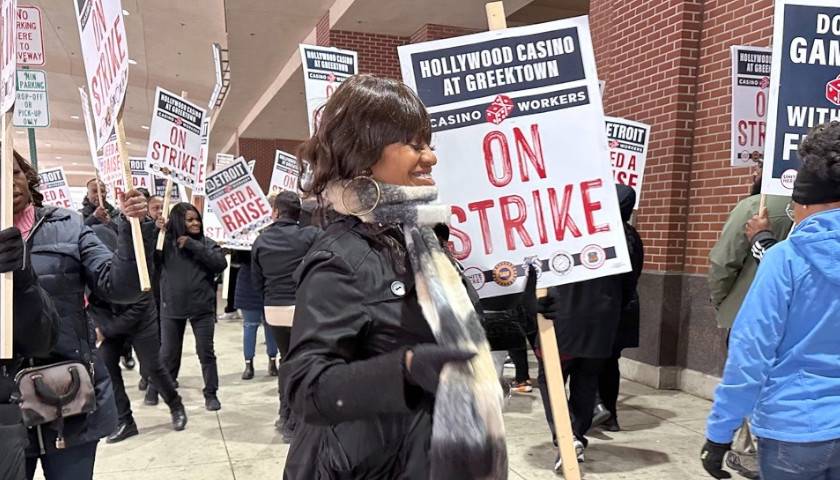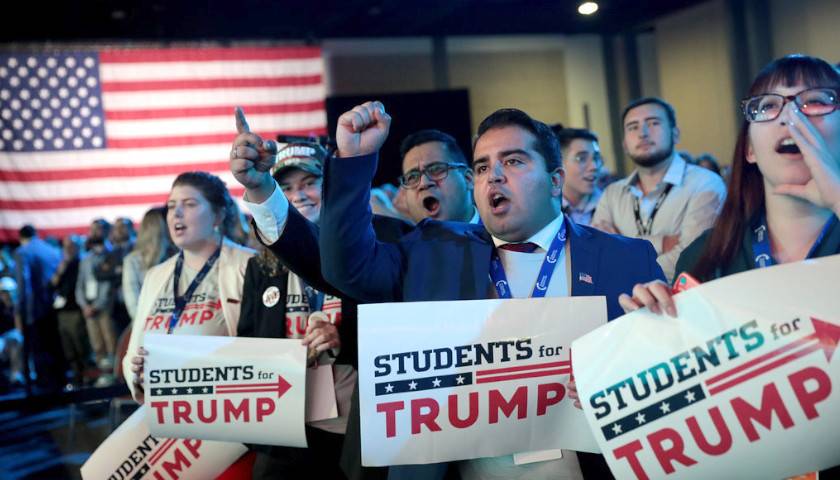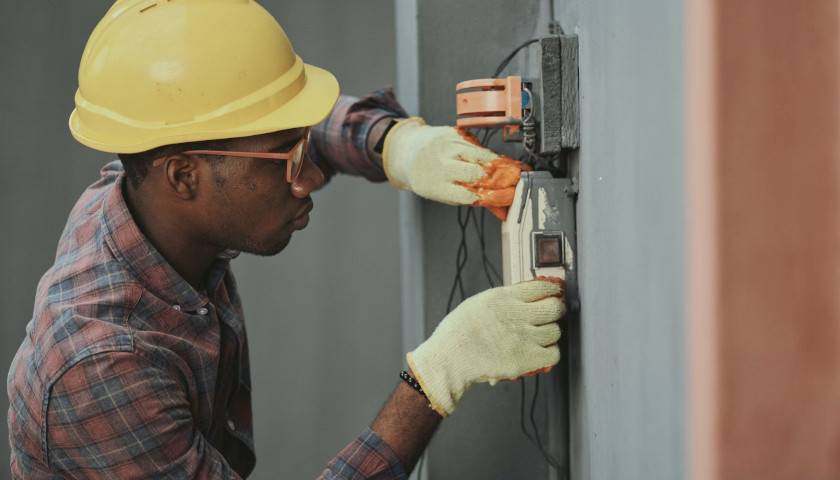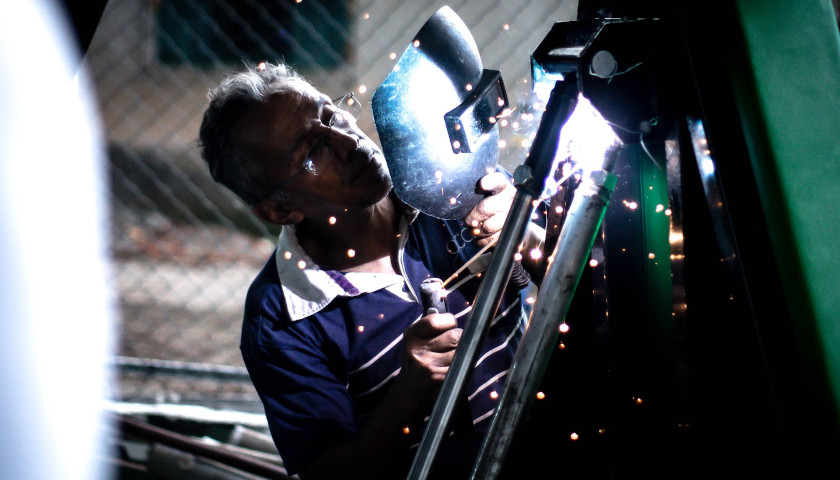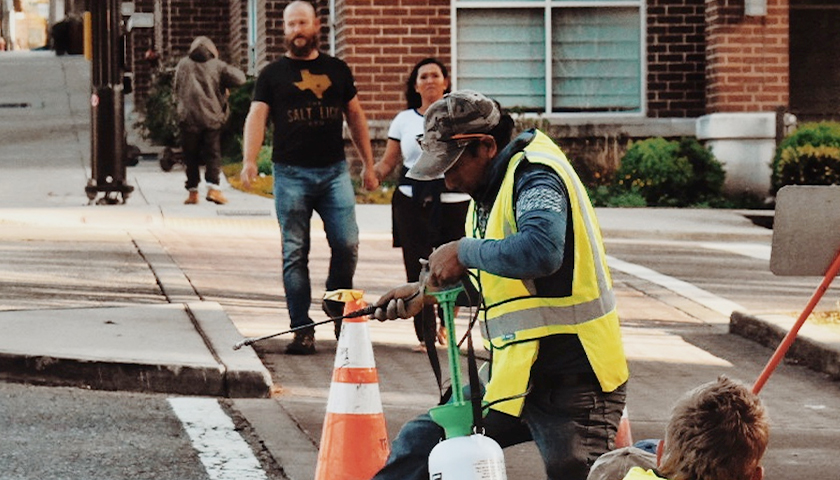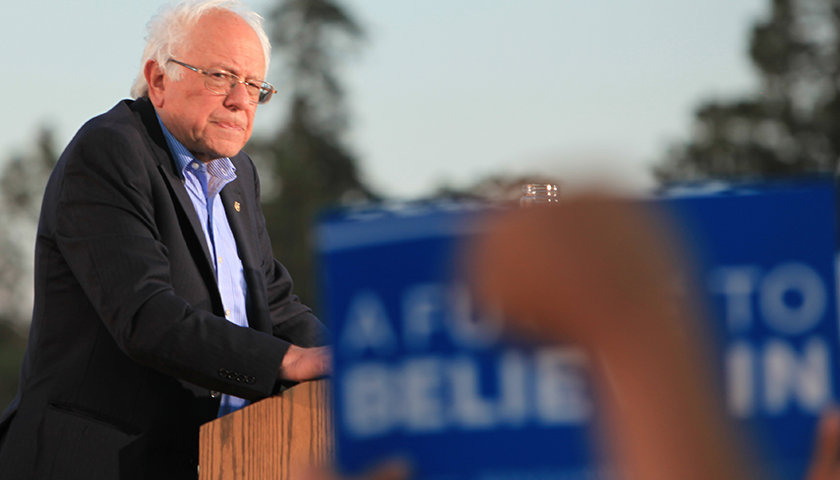The consequences of Democratic control of Congress and the White House are just beginning to be felt, as one of the most disruptive pieces of legislation in American history quietly moves from the House of Representatives to the Senate, where only a successful filibuster may prevent its passage. H.R. 842, also known as the Protect the Right to Organize Act (PRO Act) goes a long way towards completing America’s transition into a corporate oligarchy. Because it will also make the elite captains of big labor more powerful than ever, they don’t care.
The PRO Act, like the more visible H.R. 1, is an example of disastrous legislation that is packaged and labeled as advancing the interests of the American worker, when in fact they are designed by special interests to destroy democracy and deny upward mobility. The new operative theme is simple and tragic: in America, big labor, big business, and big government no longer engage in healthy conflict. Rather than checking and balancing each other, on the biggest issues they display a corrupt unity.
Here are some of the provisions of the PRO Act:
Read More


